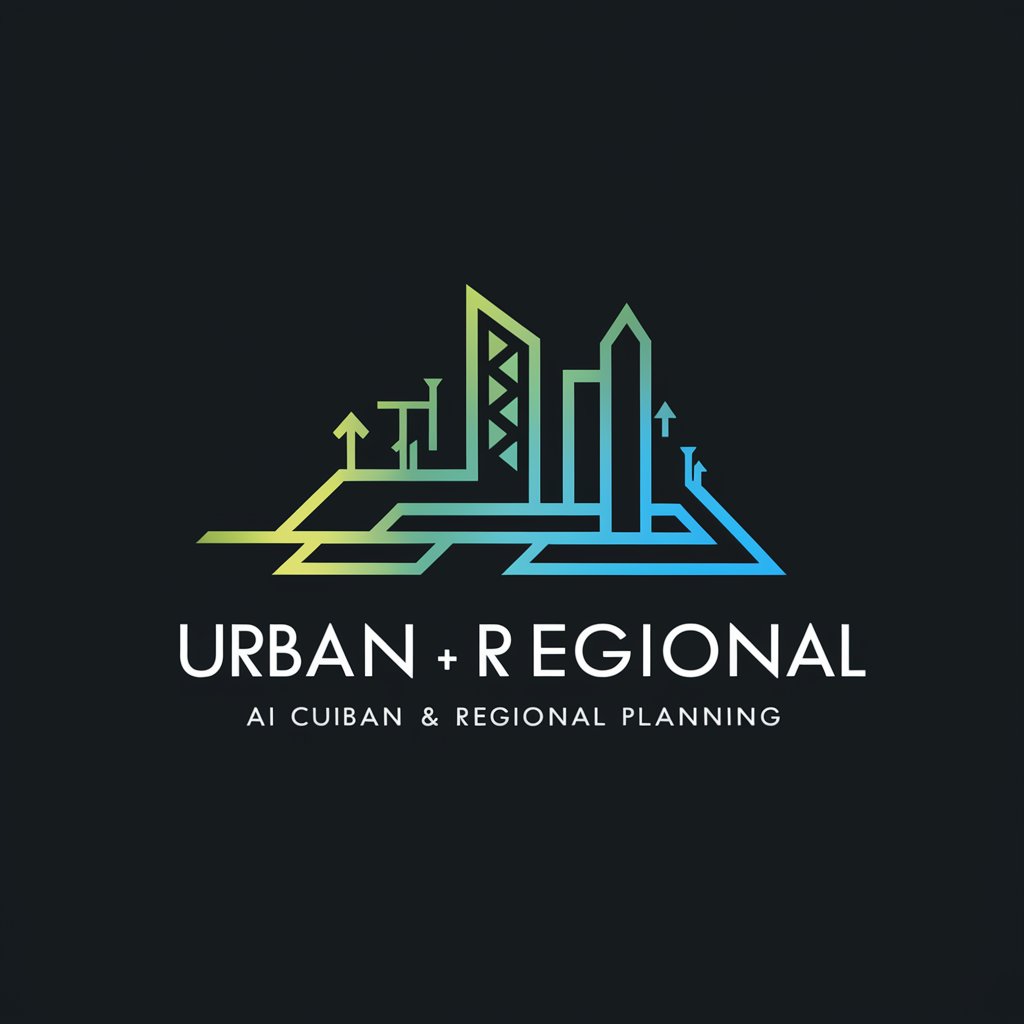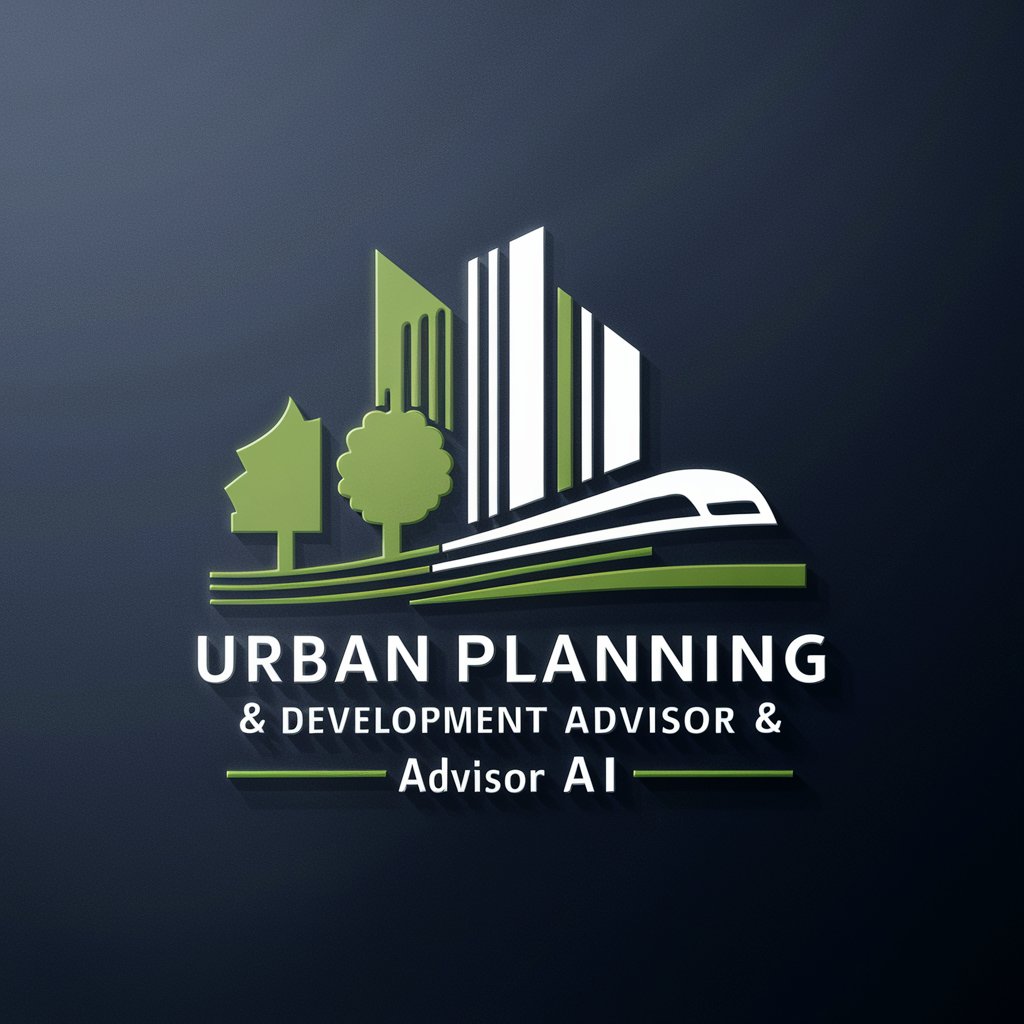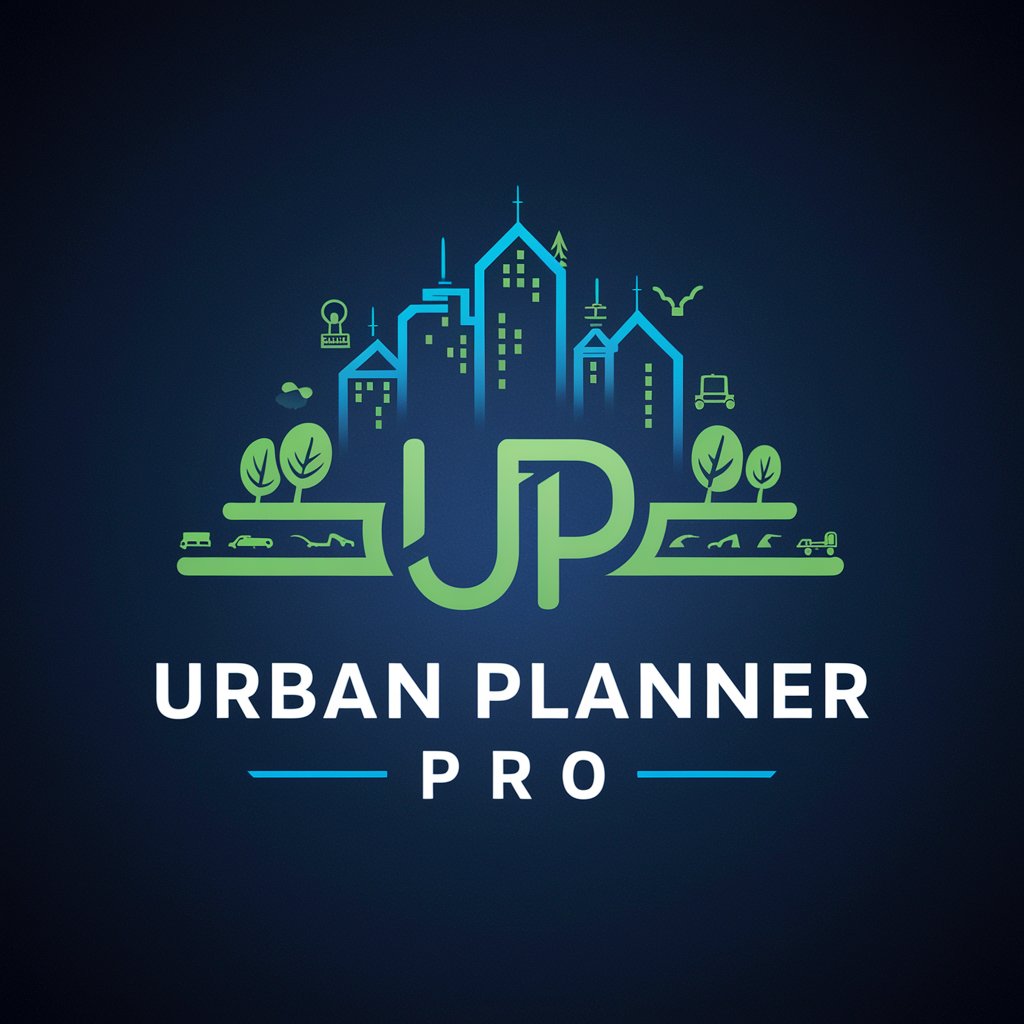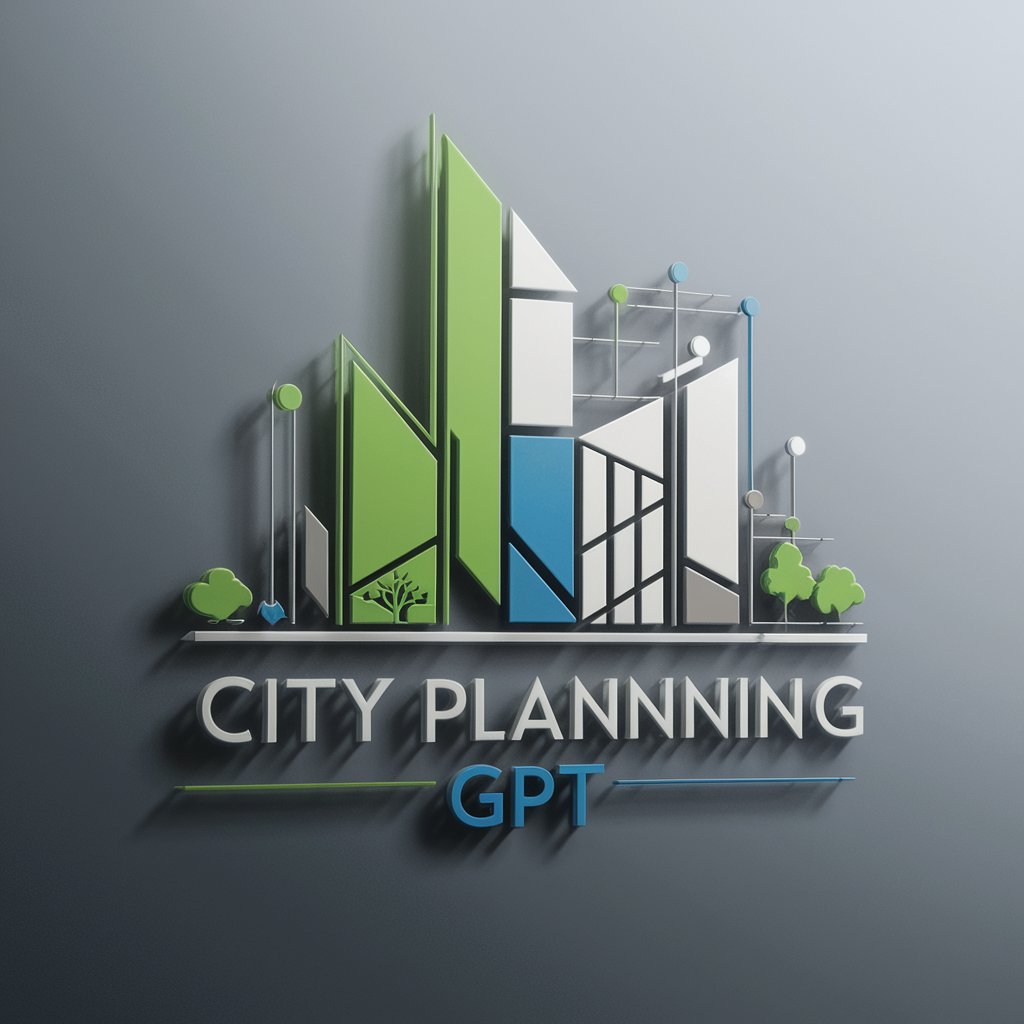
Urban Development Guide - Urban Planning & Design Insights
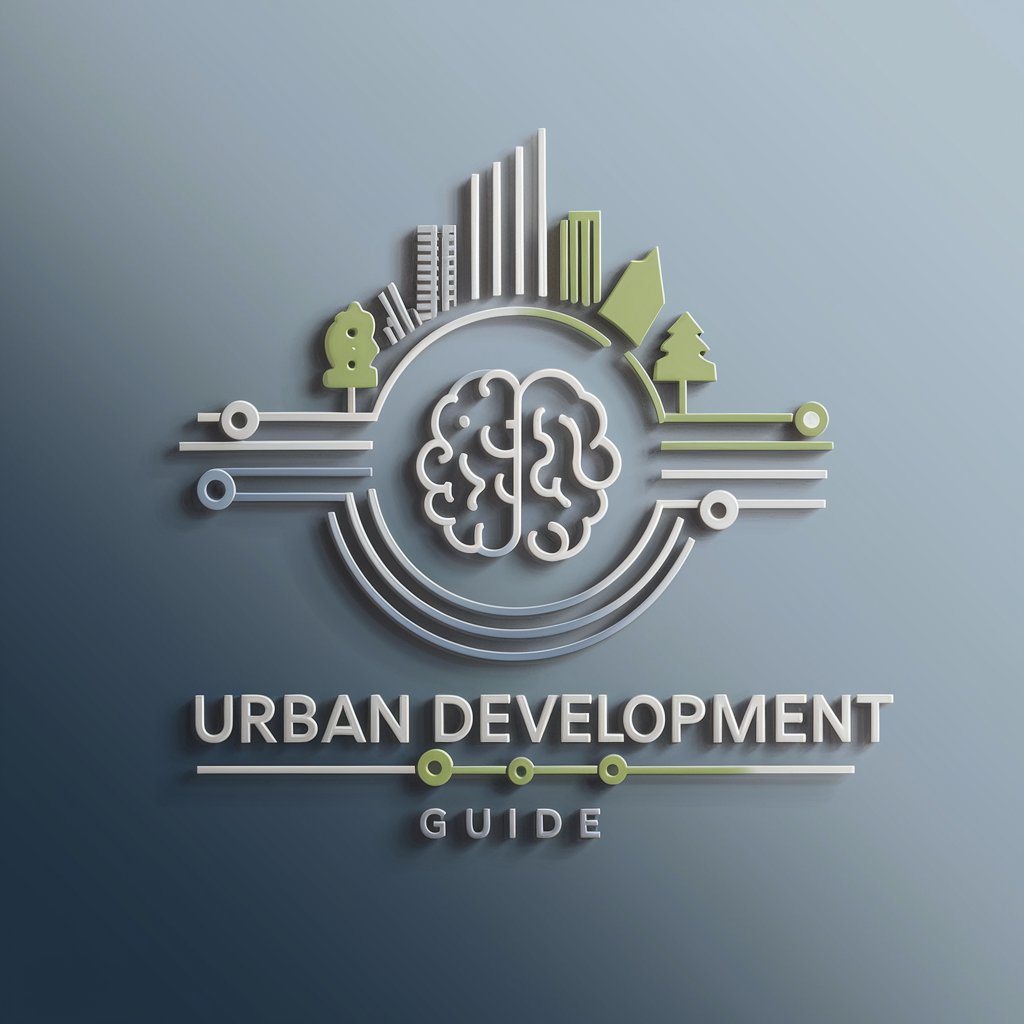
Welcome to Urban Development Guide! How can I assist with your urban planning needs today?
AI-powered urban development insights at your fingertips.
Can you provide guidance on sustainable urban development practices for small cities?
What are the best practices for incorporating green spaces into urban design?
How can I ensure compliance with zoning laws for my new development project?
What innovative architectural designs are trending in urban planning today?
Get Embed Code
Understanding Urban Development Guide
Urban Development Guide is designed to assist stakeholders in the field of urban planning and development by offering comprehensive tools and guidance. It focuses on integrating knowledge across various domains such as city planning, architecture, environmental sustainability, and zoning laws to facilitate the conceptualization, planning, and implementation of urban development projects. This platform is adept at providing insights into best practices, sustainable design principles, and regulatory compliance, ensuring that projects are both innovative and feasible within the given legal and environmental frameworks. For example, it can help an urban planner to evaluate the potential impacts of a new mixed-use development on a city's infrastructure, or assist an architect in incorporating green building standards into their design to meet sustainability goals. Powered by ChatGPT-4o。

Core Functions of Urban Development Guide
Project Conceptualization and Planning
Example
Assisting in the early stages of project development by providing guidelines on land use, community engagement, and feasibility studies.
Scenario
An urban developer is exploring options for revitalizing a downtown area. The guide can offer strategies for integrating commercial, residential, and recreational spaces to create a vibrant urban core.
Sustainability and Environmental Integration
Example
Offering insights into sustainable urban design practices, including green infrastructure, energy efficiency, and water conservation.
Scenario
A city council plans to develop a new eco-friendly neighborhood. The guide provides frameworks for incorporating renewable energy sources, sustainable materials, and green spaces to minimize environmental impact.
Regulatory Compliance and Best Practices
Example
Guiding users through the complexities of zoning laws, building codes, and environmental regulations to ensure projects are compliant and adhere to industry standards.
Scenario
An architect is designing a new commercial building and needs to navigate local zoning ordinances and building codes. The guide offers detailed information on compliance requirements and strategies for efficient approval processes.
Community Engagement and Stakeholder Collaboration
Example
Facilitating effective communication and collaboration strategies among project stakeholders, including local governments, developers, and the community.
Scenario
A development firm is seeking to engage with the local community about a proposed housing project. The guide suggests methods for conducting public consultations, gathering feedback, and incorporating community preferences into the project plan.
Target User Groups for Urban Development Guide
Urban Planners and City Officials
These professionals benefit from the guide's comprehensive planning tools, regulatory insights, and sustainability frameworks, enabling them to make informed decisions that shape the future of cities.
Architects and Developers
This group uses the guide to navigate the complexities of project design and development, ensuring that buildings and spaces are both innovative and compliant with local regulations.
Environmental Consultants and Sustainability Experts
Experts in sustainability can leverage the guide to implement best practices in environmental conservation and sustainable design, contributing to the development of green and resilient urban spaces.
Community Organizations and Non-Profits
These entities can utilize the guide to understand urban development processes better, advocate for community interests, and facilitate effective engagement between developers and the public.

How to Use Urban Development Guide
Begin Free Trial
Start by visiting yeschat.ai for a hassle-free trial that requires no login or subscription to ChatGPT Plus.
Define Your Project
Clearly outline your urban development project or question. Identifying your goals, challenges, and any specific areas where you seek guidance will help tailor the assistance to your needs.
Explore Features
Utilize the Urban Development Guide's wide range of tools for planning, design, and regulatory compliance. Familiarize yourself with its capabilities, including zoning laws, environmental considerations, and architectural design.
Interact and Refine
Engage with the tool by asking specific questions or presenting scenarios. Use the feedback and suggestions to refine your project's approach, ensuring alignment with best practices and sustainability.
Apply Insights
Implement the insights and recommendations from the Urban Development Guide into your project. For comprehensive projects, consider consulting with industry experts for in-depth analysis and validation.
Try other advanced and practical GPTs
Académie d'Histoire
Bringing history to life with AI

Китайский это Просто
AI-Powered Mandarin Mastery

Co Author
Empowering Your Writing Journey with AI
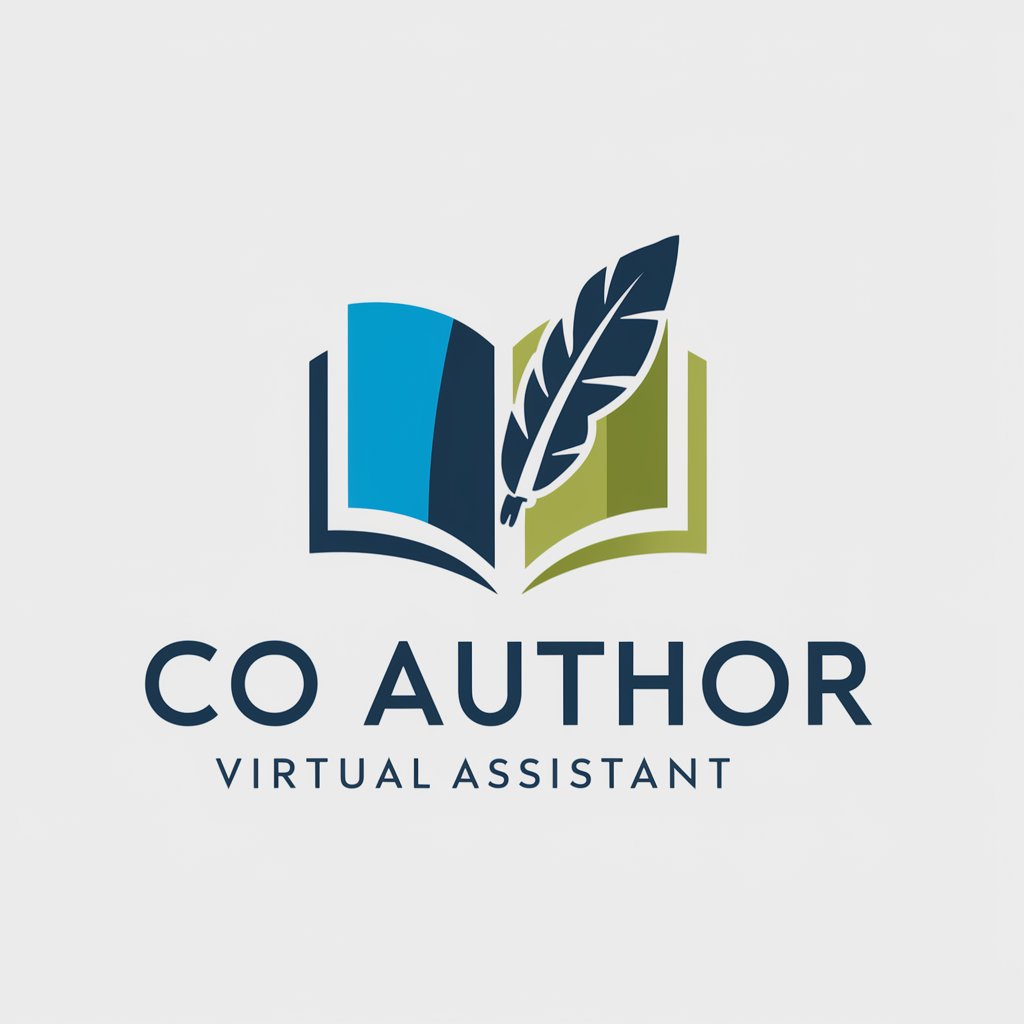
BeksinskiStyler
Reviving Beksiński's Vision with AI

الشيف الصيني
Master Halal Chinese Cuisine with AI

小说角色生成器
Craft Your Xianxia Saga with AI

China Market Maven
Empowering Your Success in China's Market with AI
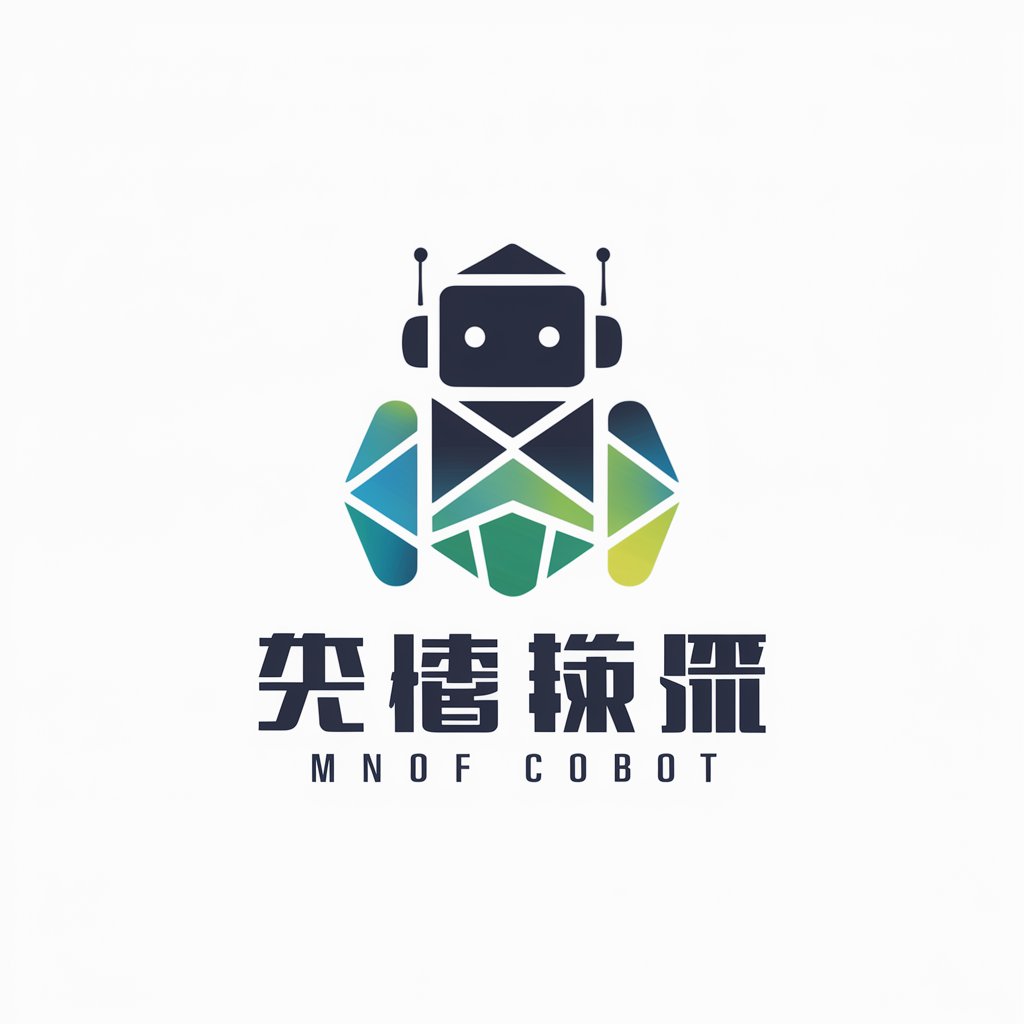
AI HTML Programmer
Streamlining HTML Coding with AI Power
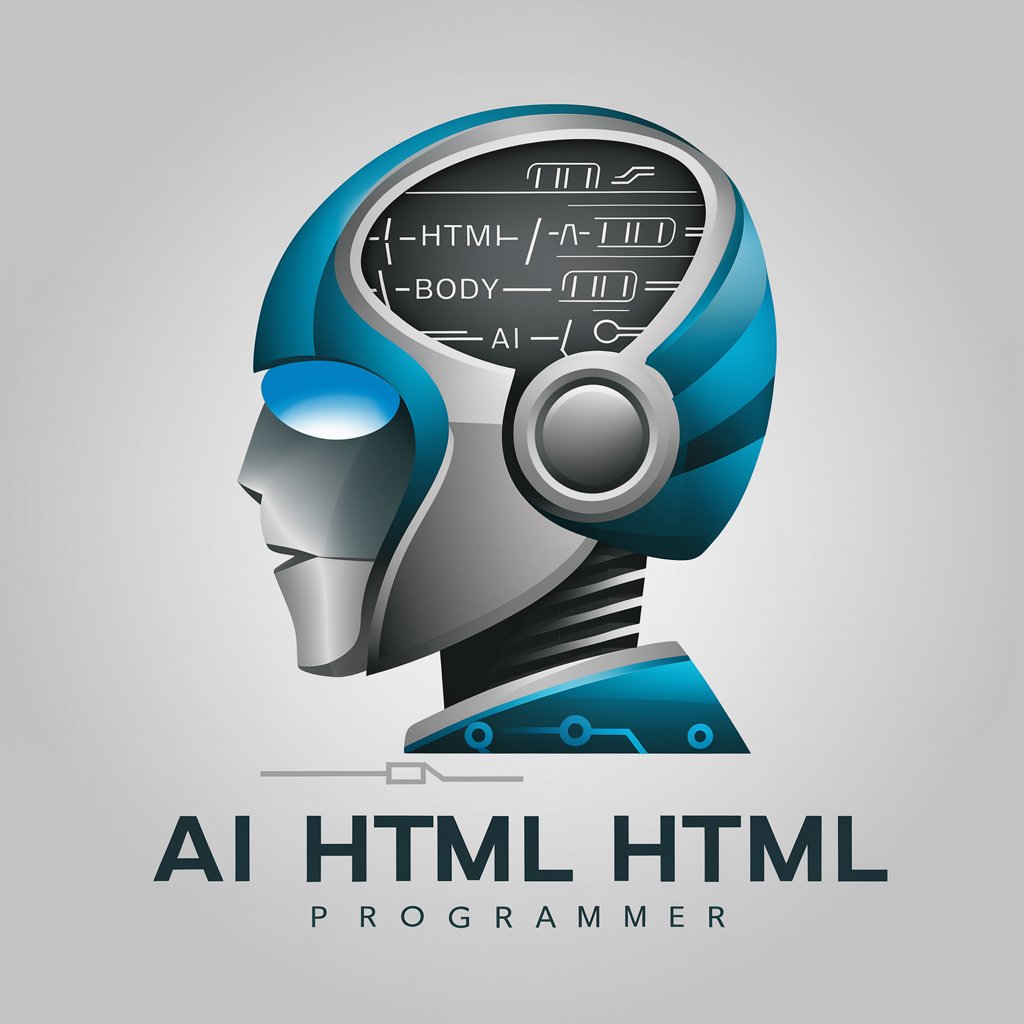
男士健身
AI-Powered Personal Fitness Guide for Chinese Men

Asesor Automotriz
AI-powered car care advice at your fingertips.

Dags att byta däck?
AI-Powered Tire Safety Check

UXlab Assistant
Empowering Design Innovation with AI
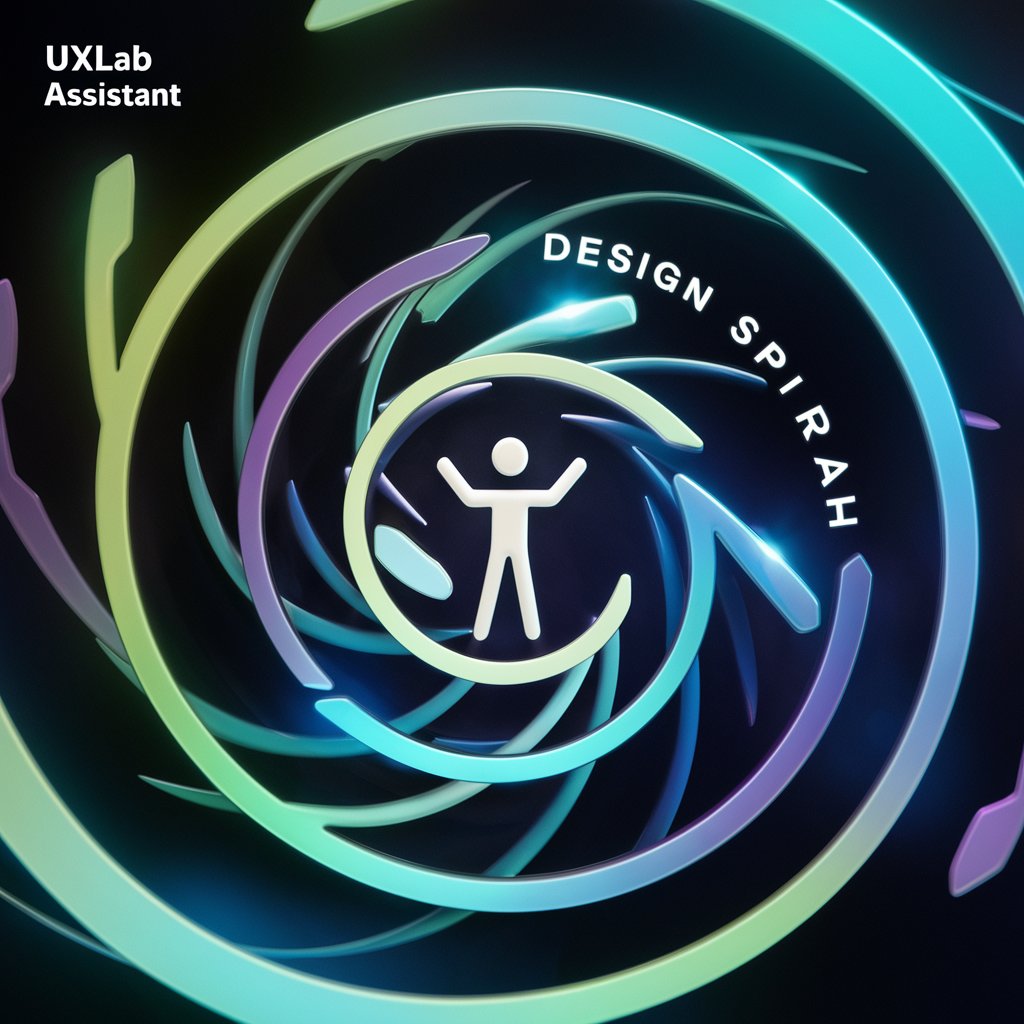
Frequently Asked Questions about Urban Development Guide
What types of projects can the Urban Development Guide assist with?
The Guide is versatile, assisting with a range of urban development projects from small-scale residential designs to large urban planning initiatives. It offers insights on zoning, sustainability, architectural design, and environmental impact considerations.
How does the Urban Development Guide handle regulatory compliance?
While not a substitute for legal advice, the Guide provides an overview of common zoning laws and regulations. It encourages users to explore local regulations and suggests consulting with legal experts for specific compliance needs.
Can the Urban Development Guide suggest sustainable building practices?
Yes, sustainability is a core focus. The Guide offers recommendations on sustainable design practices, energy efficiency, and green building materials, aiming to support environmentally responsible development projects.
Is the Urban Development Guide suitable for academic purposes?
Absolutely. Students and researchers can leverage the Guide for academic projects, theses, and urban studies, benefiting from its comprehensive data on urban planning principles, case studies, and design strategies.
How can professionals benefit from the Urban Development Guide?
Urban planners, architects, and developers can find the Guide invaluable for brainstorming, preliminary planning, and ensuring projects align with best practices and innovative trends in urban development.
